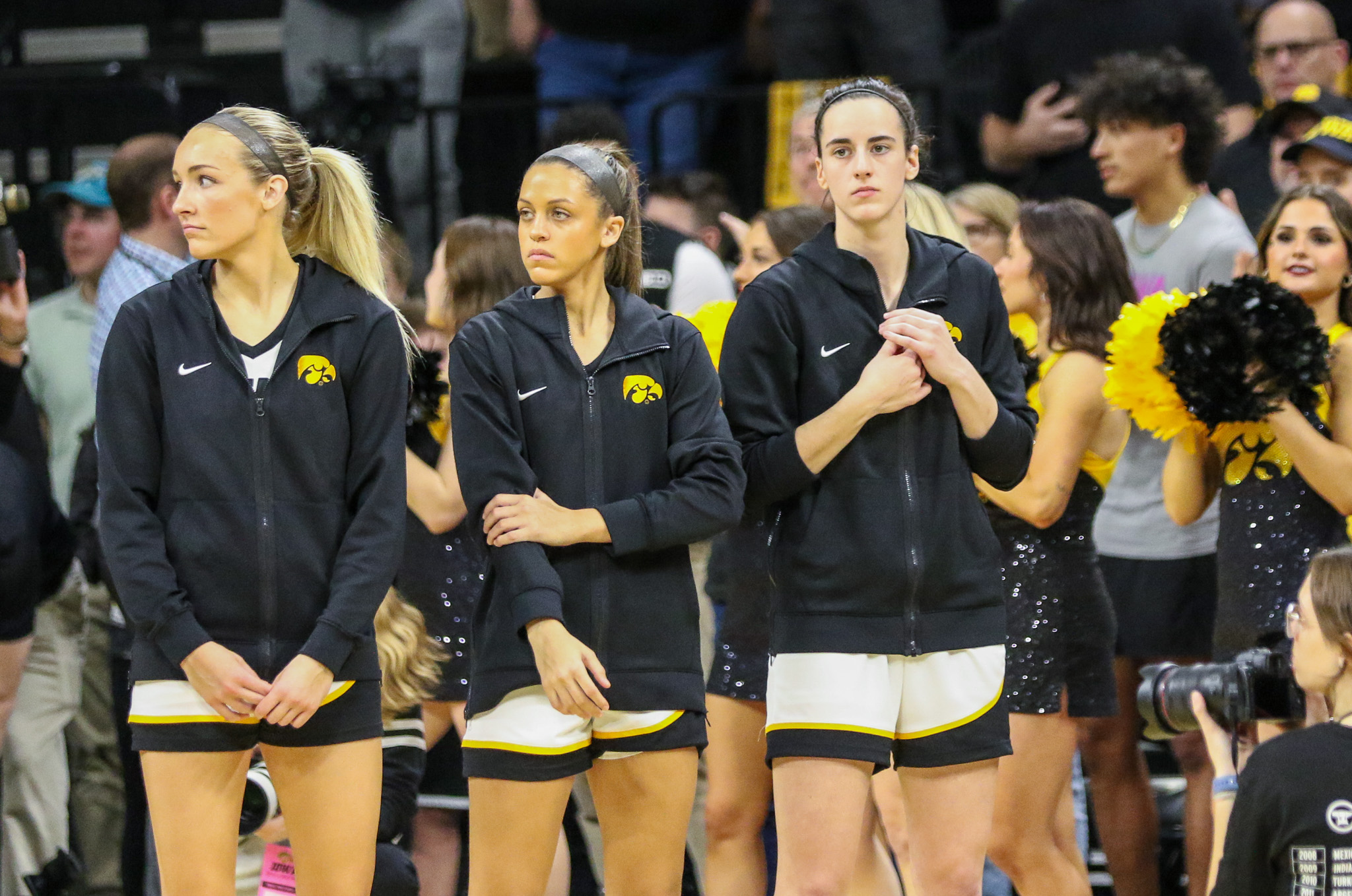Women’s college basketball finally getting attention it deserves
By Susan Harman
CLEVELAND, Ohio – Coaches and players at the women’s Final Four were asked to discuss the progress of the sport in this breakout year of talent, celebrity and attention.
“I think it’s really special,” Iowa’s Caitlin Clark said. “I think it’s cool. This is exactly what we wanted for women’s basketball, but also I feel like it could have been a thing a long time ago. It’s not surprising that everybody’s wanting to talk about it right now, but the product has always been there.”
Back in 1999 UConn was a 1 seed and had players like Shea Ralph, Swin Cash and Svetlana Abrosimova. It had won its first title in 1995 in Rebecca Lobo’s senior season. The Huskies were 35-0 that year. In the meantime they had deep runs into the tournament but hadn’t added another title because Tennessee was winning three in a row.
In ’99 they reached the Sweet 16 in Cincinnati and fully expected to go on to the Final Four. But a talented, upstart team at Iowa State upset the Huskies in dramatic fashion. It was a stunning upset.
Page forward and UConn has won 10 more championships and overall has been to 23 Final Fours. UConn is the winningest program in NCAA history with a 135-23 record. While UConn hasn’t won a title since 2016, it remains a constant at the top of the polls and in deep runs in the tournament.
“I remember one time somebody asked one of the coaches before the NCAA tournament, do you have a preference who you want to win the NCAA tournament? And it was a long-time coach, too,” UConn coach Geno Auriemma said. “And they said, ‘I don’t care as long as it’s not Tennessee or Connecticut.
“There was a point where people were dying for some other story line to appear. And there probably were some story lines, but nobody really wanted to pay attention.”
Auriemma said that his team’s dominance in the 2000s has been described as women’s basketball’s UCLA moment. UCLA dominated men’s basketball in the John Wooden, Kareem Abdul-Jabbar, Bill Walton era that frankly sucked the air out of the men’s game.
But there’s an overall feeling that that era has passed in women’s basketball. Realistically as long as Auriemma coaches, the Huskies will be a factor. He brings in 5-star recruits every year and turns them into a juggernaut. Dawn Staley and Kim Mulkey coach the Tennessees of the moment. But they all have competition now and from a lot of different places.
Star power has remade the dodgy stereotype of women’s basketball and created fans not just of specific teams but of the game in general.
“It’s a star-driven society that we live in. It’s a celebrity-driven, star-driven, influencer-driven world that’s been created,” Auriemma said. “It needs people that have the right personality, the right game. And we have that now.”
When Magic Johnson and Larry Bird squared off in an epic NCAA men’s championship the interest level skyrocketed, and men’s basketball and the interest in the tournament took off.
“I think the parity in our game has certainly helped over the course of the last five years,” Clark said. “I think there’s always been the blue bloods that have always been very good, but over the past Final Fours you’ve seen maybe teams that haven’t been there in 25, 30 years. That’s really good for our game; it attracts new fans. It showcases new players and new coaches.”
The women’s game gets to keep most of its stars for four seasons, unlike in men’s college basketball where stars elect to go into the NBA draft before completing their eligibility.
“I also think the women’s game is benefitting, and is going to continue to benefit from the fact that players are around long enough to create a name, create a buzz,” Auriemma said.
“They’re just going to get better and better,” Clark said. “Their teams are going to get better and better. That will also additionally help the parity in our game and attract more people who want to watch.”
Of course it remains to be seen how the transfer portal, NIL and other economic forces impact the idea of parity.
Players now have extensive AAU experience before they show up at college. They play all over the country against excellent competition. They are not the least bit intimidated by the sport’s blue bloods.
“They’re a great program, and they have a lot of history,” Iowa junior Sydney Affolter said. “But I don’t think it’s anything different. We’re going into the game with the same mentality no matter who we’re playing, and we’re going to worry about us and focus on us.”
Affolter said it’s been cool to be in the position of a 1 seed with its expectations and pressures.
“That’s just exciting more than anything,” she said. “You want to be on that stage. You want to have all these people watching you.”
And now they are.



